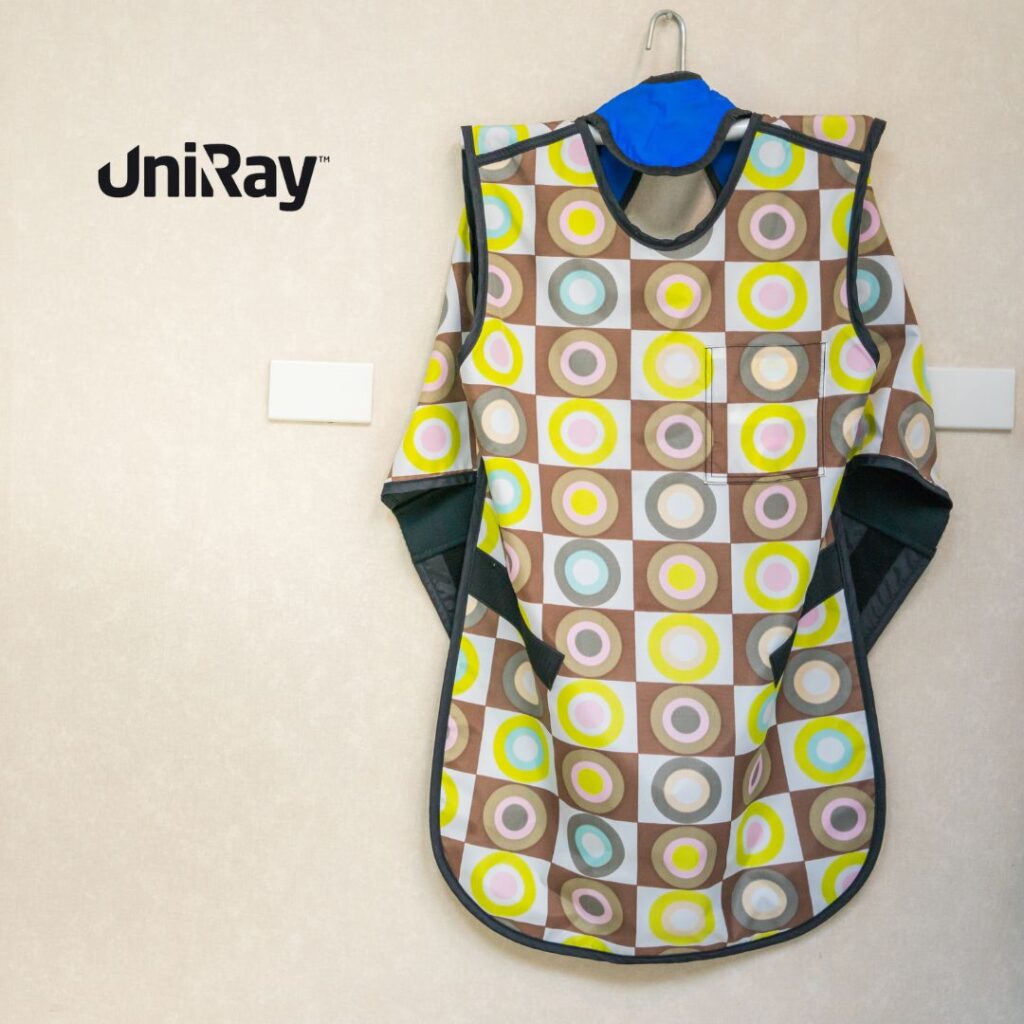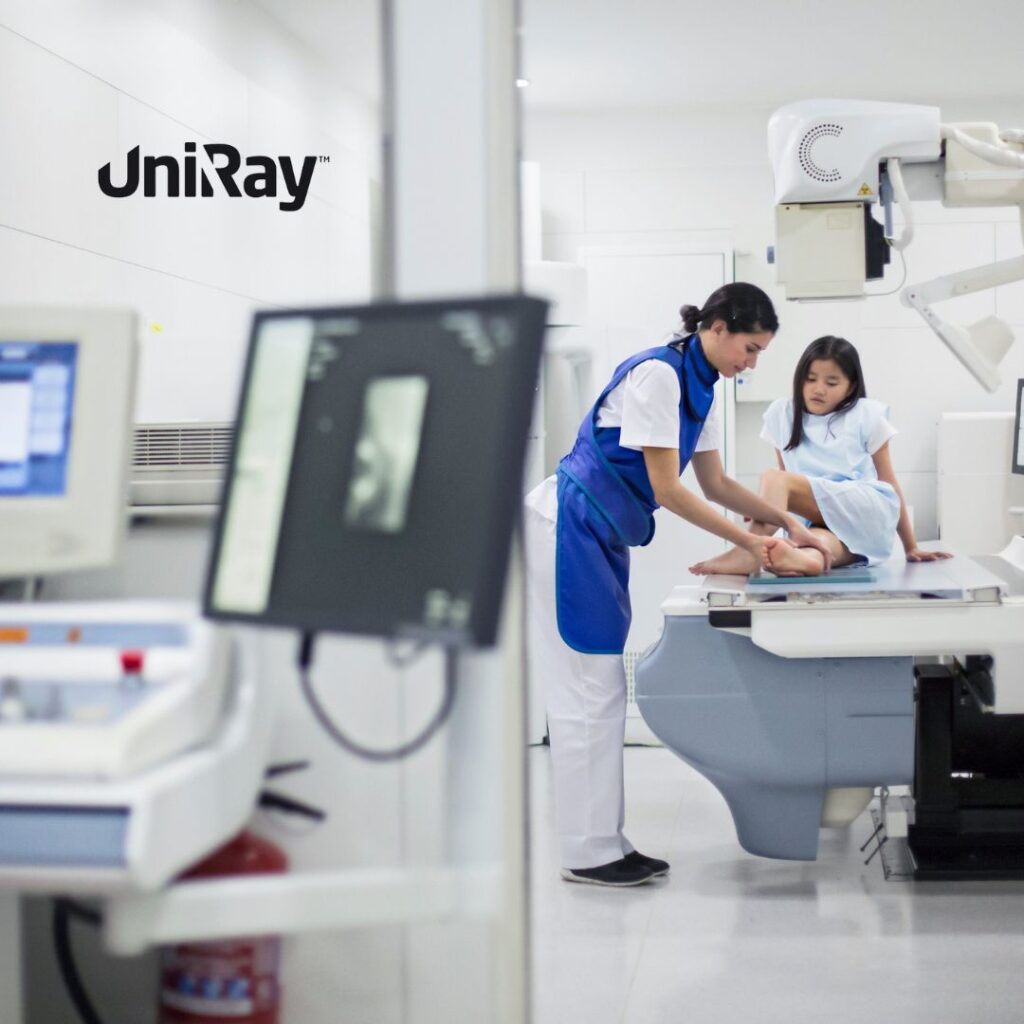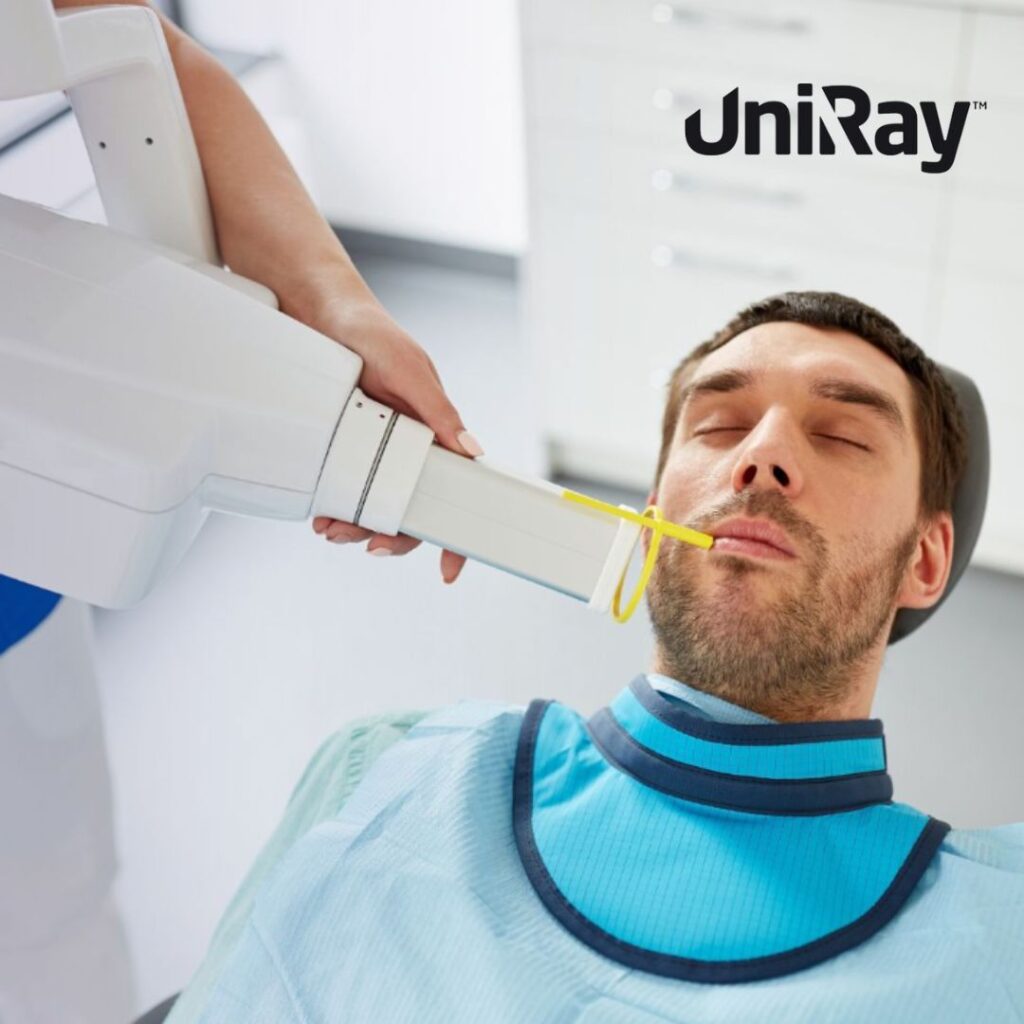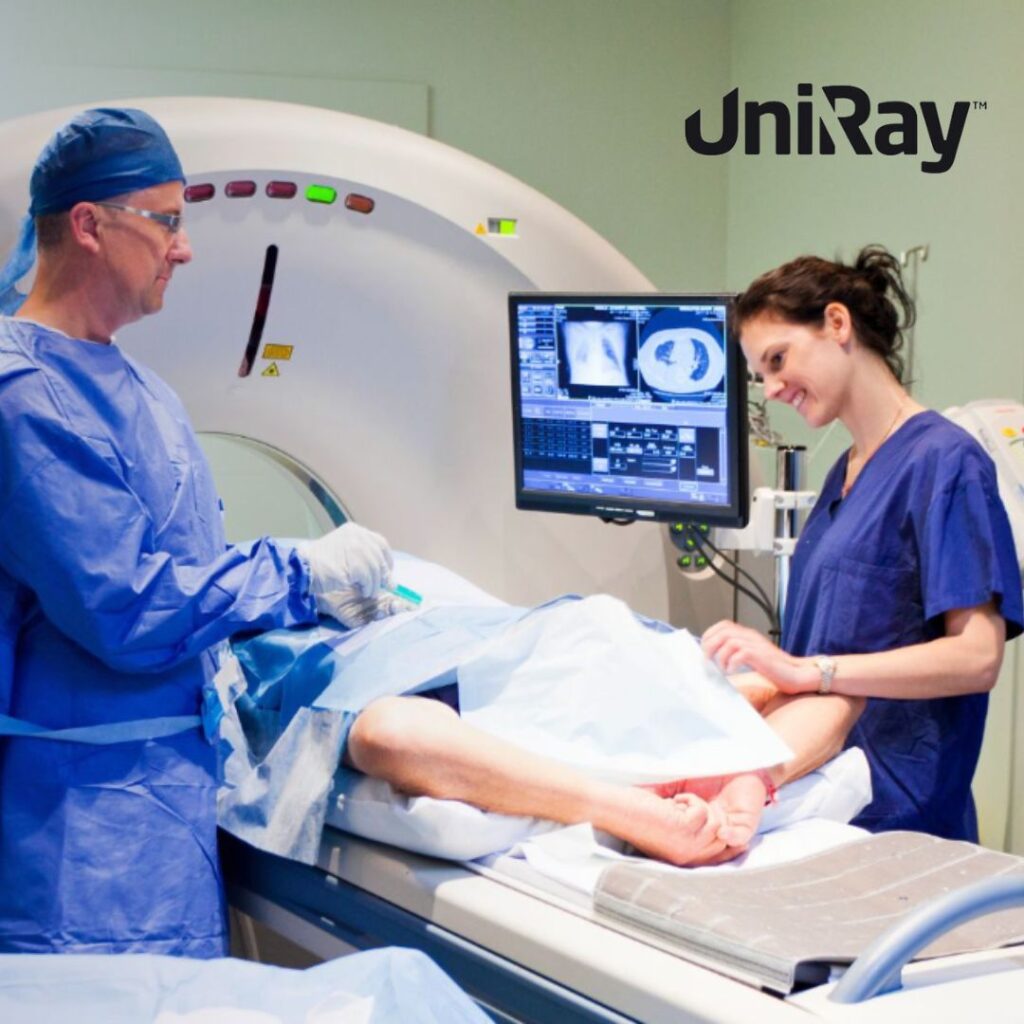The thyroid gland is a critical part of the human body, located in the neck, responsible for regulating numerous vital functions, including metabolism, growth, and development. However, this gland is highly sensitive to radiation exposure, making its protection paramount in medical, dental, and industrial settings where radiation is frequently used. Thyroid shield are an essential protective tool designed to safeguard this vulnerable area. In this blog, we’ll explore the benefits of thyroid shields, their importance, and how they contribute to overall health and safety.
Understanding the Importance of Thyroid Shields
What Are Thyroid Shields?
Thyroid shields are protective devices, often made of lead or lead-equivalent materials, designed to shield the thyroid gland from harmful ionizing radiation. These shields are typically worn around the neck, forming a barrier that absorbs or deflects radiation. They are commonly used in medical imaging procedures such as X-rays, CT scans, and fluoroscopy, as well as in dental practices and industrial radiology.
Why Is Thyroid Protection Crucial?
The thyroid gland is highly susceptible to radiation because it readily absorbs iodine, including radioactive iodine isotopes. Prolonged or high-dose exposure to radiation can lead to severe health issues, including thyroid cancer, hypothyroidism, and other endocrine disorders. Protecting the thyroid with a shield significantly reduces the risk of these conditions.
Benefits of Thyroid Shields
1. Reducing Risk of Thyroid Cancer
One of the most critical benefits of thyroid shields is their ability to reduce the risk of thyroid cancer. Studies have shown that repeated radiation exposure increases the likelihood of developing malignancies in the thyroid gland. A thyroid shield acts as a protective barrier, preventing radiation from penetrating the delicate tissues of the gland and reducing the cumulative dose absorbed over time.
2. Enhancing Patient Safety in Medical Procedures
In diagnostic and therapeutic procedures involving radiation, patient safety is a top priority. Thyroid shields contribute to this by minimizing unnecessary exposure. Whether it’s during an X-ray or a dental procedure, wearing a thyroid shield ensures that patients are protected from scattered radiation, which can inadvertently affect the thyroid gland.
2.1 Application in Dental Procedures
Dental X-rays are a routine part of oral health care, but they expose the head and neck to low levels of radiation. Thyroid shields are especially vital in these scenarios, as they prevent radiation scatter from affecting the thyroid, ensuring long-term safety for patients.
2.2 Use in Pediatric Radiology
Children are more sensitive to radiation than adults due to their developing tissues and organs. Using thyroid shields in pediatric radiology is crucial to protecting young patients from the long-term consequences of radiation exposure, such as increased cancer risks.
3. Protection for Medical Personnel
Healthcare workers in radiology departments are often exposed to scattered radiation while performing procedures. Thyroid shields are an essential part of their personal protective equipment (PPE), safeguarding them from occupational hazards and reducing the likelihood of radiation-induced thyroid disorders.
3.1 Compliance with Safety Standards
Regulatory bodies such as the Occupational Safety and Health Administration (OSHA) and the International Commission on Radiological Protection (ICRP) emphasize the use of thyroid shields for medical personnel. Ensuring compliance with these standards protects healthcare workers and promotes a culture of safety.
4. Contribution to Overall Health and Longevity
Radiation exposure has cumulative effects on the body, and the thyroid gland plays a pivotal role in overall endocrine health. Thyroid shields help maintain the gland’s integrity, ensuring it continues to regulate vital functions effectively. By reducing the risk of radiation-induced damage, these shields contribute to better long-term health outcomes.
5. Cost-Effective Preventive Measure
Investing in thyroid shields is a cost-effective way to prevent significant medical expenses associated with treating thyroid conditions caused by radiation exposure. By mitigating risks early, both healthcare facilities and individuals can save on the financial burden of long-term treatment.
Features to Look for in Thyroid Shields
Material Composition
Thyroid shields are typically made of lead or non-lead alternatives, such as lead-free composites or lead-equivalent materials. Non-lead options are lighter and environmentally friendly, providing the same level of protection.
Comfort and Fit
Comfort is a critical factor when selecting a thyroid shield. Adjustable straps and ergonomic designs ensure that the shield fits securely without causing discomfort, encouraging consistent use.
Durability and Maintenance
High-quality thyroid shields are durable and easy to maintain. They should be resistant to wear and tear, ensuring long-term usability in demanding environments.
Promoting Awareness and Regular Use
Educating Healthcare Professionals
Raising awareness about the importance of thyroid shields among healthcare professionals is crucial. Regular training and updates on radiation safety protocols encourage consistent use and proper handling of these protective tools.
Encouraging Patient Advocacy
Patients should feel empowered to ask for thyroid shields during procedures involving radiation. Educating patients about the risks of radiation exposure and the benefits of thyroid shields can increase demand for their use, promoting widespread adoption.
Conclusion
Thyroid shields are an indispensable tool in environments where radiation exposure is a concern. By providing a simple yet effective solution, they protect the thyroid gland from the harmful effects of ionizing radiation, reducing the risk of cancer, endocrine disorders, and other health complications. From enhancing patient safety to protecting medical personnel, the benefits of thyroid shields extend across multiple domains, making them a critical component of radiation safety protocols. As awareness grows, the regular use of thyroid shields will continue to play a vital role in ensuring health and safety in medical, dental, and industrial settings. Embracing these protective measures today can lead to healthier, safer tomorrows.



